Feeds
All Feeds Content
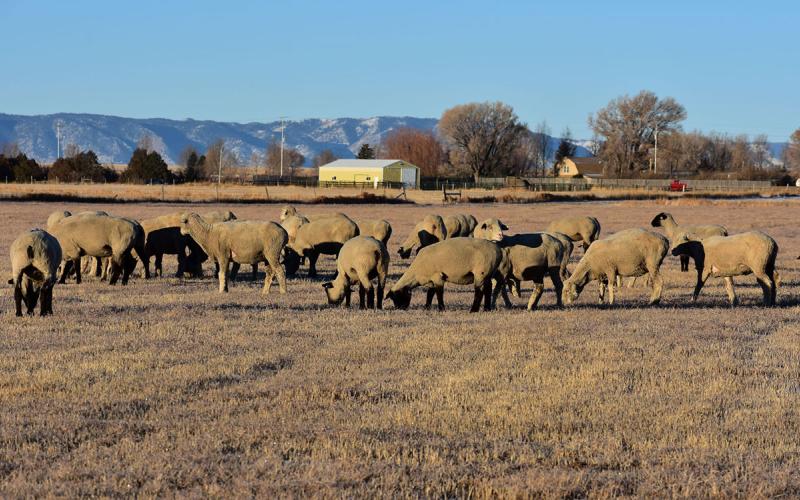
Supplementation Considerations for Ewes Grazing Dormant Winter Pastures and Rangelands
A recent collaboration between South Dakota State University and the University of Wyoming addresses the many questions surrounding grazing supplementation for sheep as forages enter dormancy.

Ready, Set, Manage Hay Differently
Feed is expensive and sometimes hard to find. Pasture prices, harvest expenses, hauling and waste add to the total feed bill. Evaluate your forage situation this winter and make changes that improve your profitability.
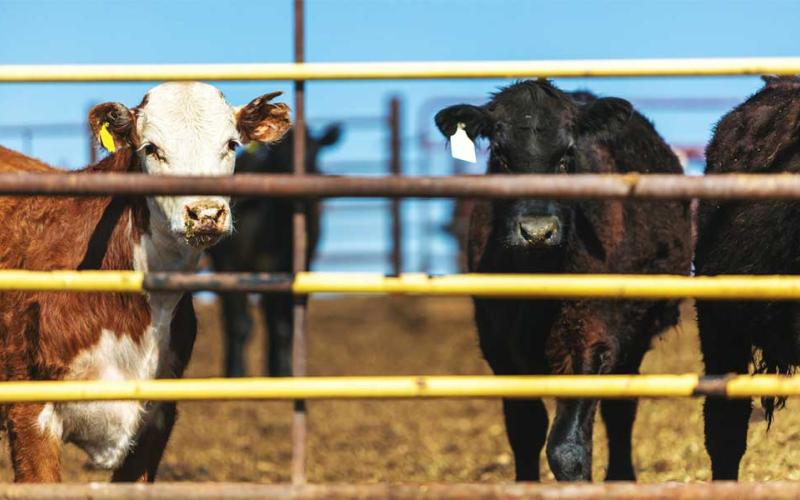
Last Chance to Register for Interstate Cattle Feeders Day
November 22, 2021
Sponsored by SDSU Extension and the University of Minnesota (UMN) Extension, the program highlights several timely topics addressing key feedlot production issues.
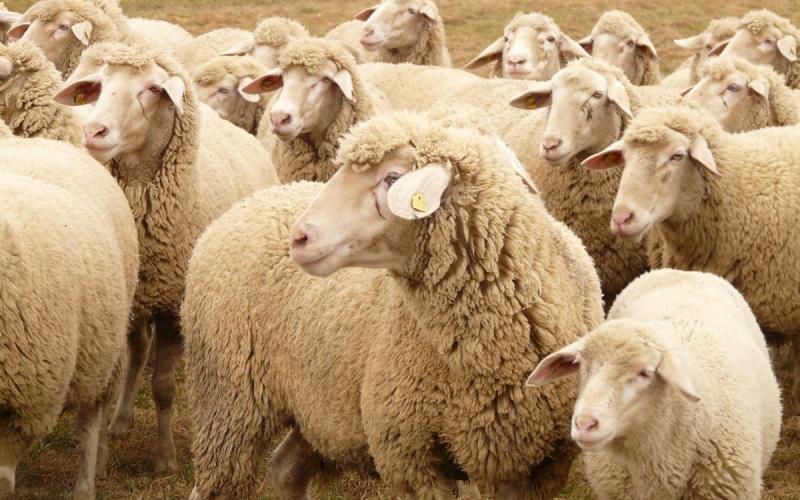
Using Corn Silage in Sheep Diet Formulations
Many Midwest producers have limited options for their primary forage source this year and, must utilize ear-less corn stalks as silage for their in livestock feeding systems. Despite the lack of ears on stalks in some areas the resultant corn stover silage is still expected to contain 80% of expected level of energy under normal growing conditions.
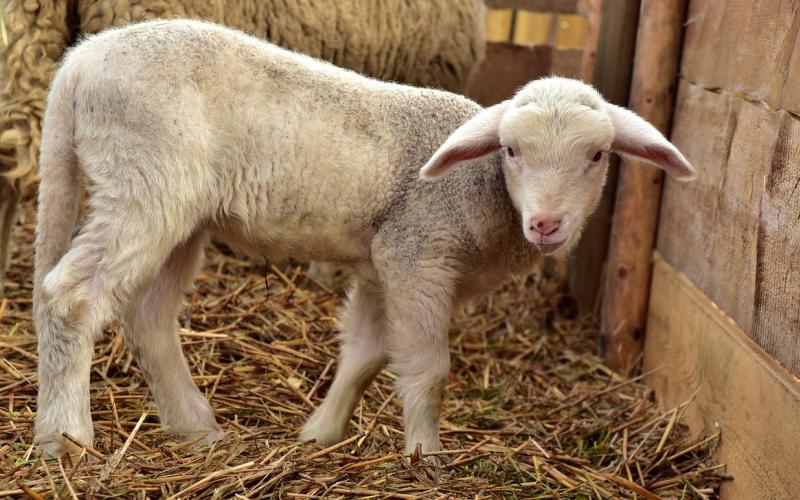
Importance of Lamb Nutrition Management to Avoid Acidosis
Acidosis (also known as lactic acidosis, grain overload, over-eating or grain poisoning) is a metabolic condition that most commonly occurs with lambs offered grain based diets, but can affect mature sheep.
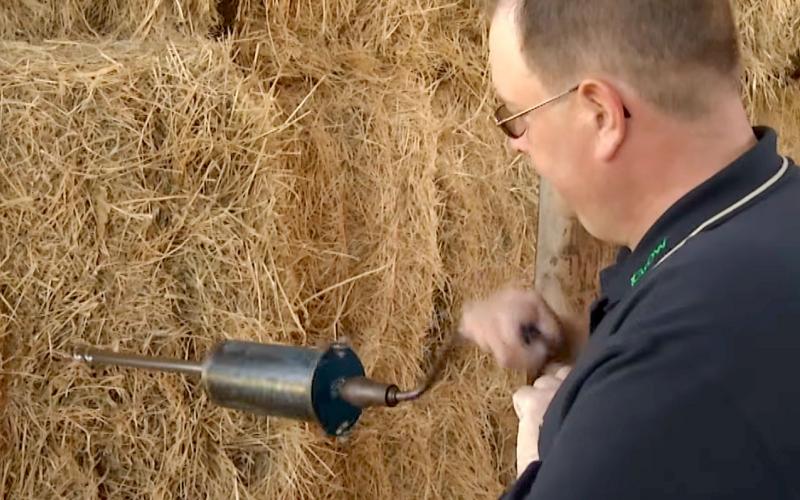
Forage Sampling Procedures
Proper sampling of forage is essential if we want to obtain an accurate indication of the nutrient composition, dry matter content, or value of any feedstuff.
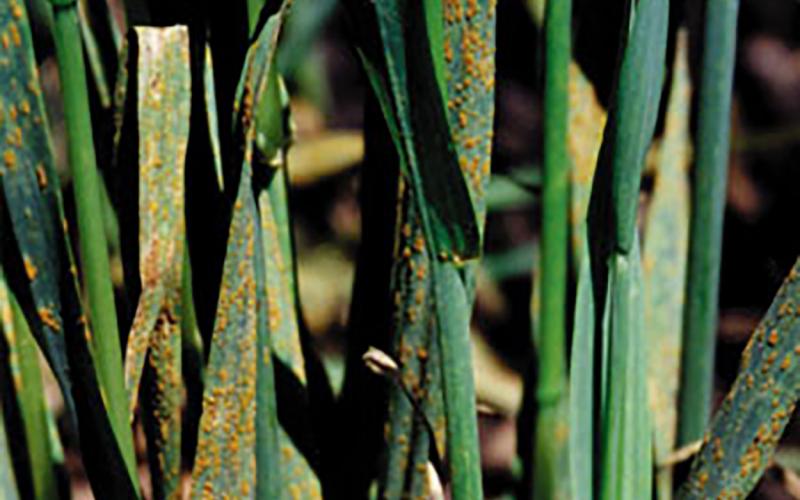
Does Crown Rust in Oats Cause Problems for Livestock?
When wet, cool conditions predominate in the spring, crop producers may have to deal with crown rust in oats. When this crop disease is abundant, questions from livestock producers arise. Could crown rust in oats harm livestock if it’s present on pasture or in hay?
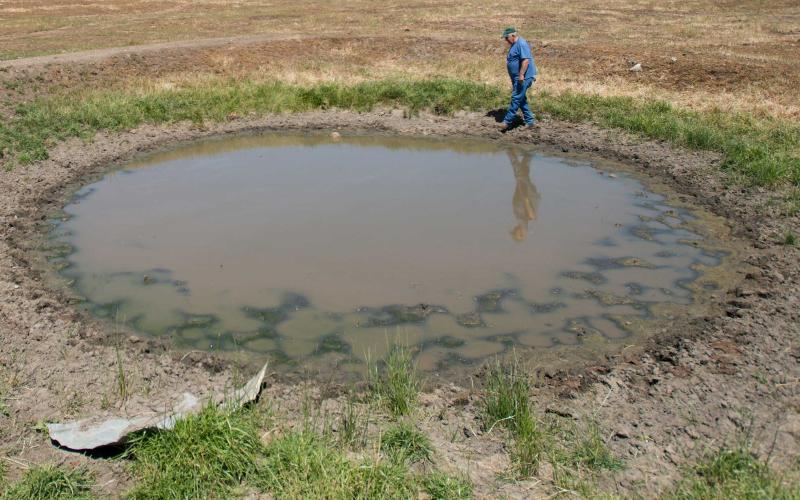
How Do Sulfates in Water Affect Livestock Health?
Poor-quality water will cause an animal to drink less. As a result, they also consume less forage and feed, which leads to weight loss, decreased milk production and lower fertility.
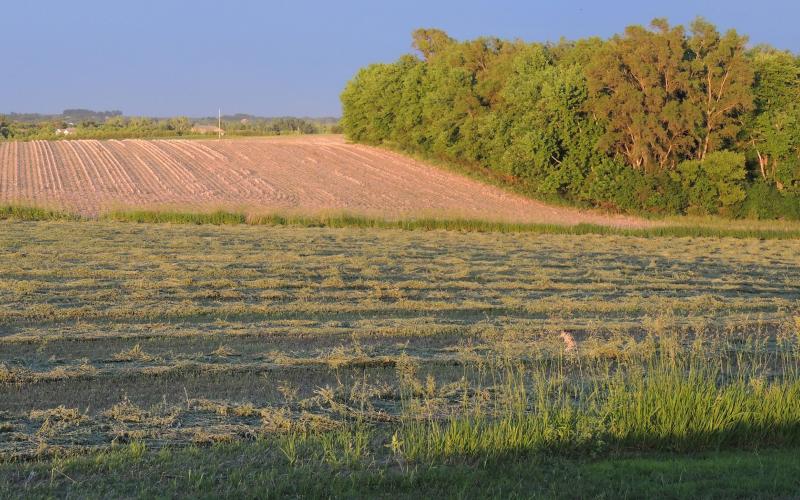
Forage Resources Available to S.D. Farmers and Ranchers
Forages are a very important part of the South Dakota livestock and cropping industries. Often, producers have difficulties finding enough forage for their herd or locating a fellow producer to buy, sell or rent forages and grazing acres too. South Dakota now has two widely-recognized, free resources to aid in these connections.
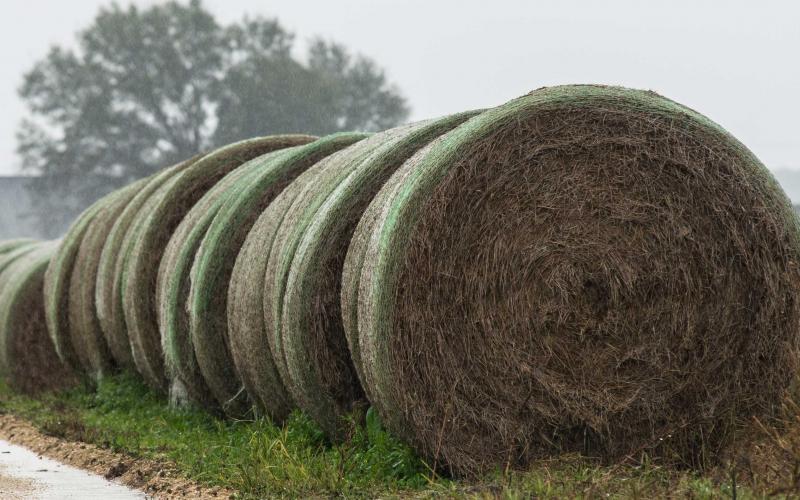
Round Bale Storage Conservation
Fact sheet discussing conservation of round bale storage.